Hindi Poet Harivanshrai Bachchan
Harivansh Rai Bachchan (1907-2003)
Bachchan was a distinguished Hindi poet (major works: Madhushala and Khadi Ke Phool). He is more commonly known as the father of popular movie star, Amitabh Bachchan.
Harivansh Rai Bachchan burst upon the horizon of Hindi poetry as a bright star one evening in 1935 with his recitation of Madhushala before a huge audience, unfolding to listeners an enchanting world which had the ring of Omar Khayyam to it.
He was to carve out another niche for himself decades later with his autobiography in four volumes, beginning with Kya bhoolun kya yaad karoon (What to forget and what to remember), regarded till date as a literary masterpiece.
In a literary career spanning over 50 years, he captured the imagination of readers and continued to hold it with an unbroken series of achievements.
Born on November 27, 1907, Bachchan had his early education in Allahabad. He went on to do his higher studies at the Allahabad University and the Benaras Hindu University.
He then taught at the Allahabad University from 1941 to 1952 before moving to Cambridge (in the United Kingdom) for research and obtained a doctorate.
On his return, Bachchan resumed teaching for a year before working as a producer in All India Radio. He later joined the Ministry of External Affairs in New Delhi in 1955 as an Officer on Special Duty.
He worked in the MEA for about ten years and was intimately associated with the evolution of Hindi as the official language.
His early writings consisted of the famous trilogy - Madhushala, Madhubala and Madhukalash, noted for its profound sensitivity and simple diction. This was followed by some of the finest lyrical poetry. He has about 30 collections of poems to his credit.
He translated the works of, among others, Omar Khayyam, the Bhagwat Gita, W B Yeats and Shakespeare.
His prose writing is equally important and his autobiography in four parts was chosen for the Saraswati Samman.
For Bachchan, who whipped up a literary frenzy and pleasant intoxication through his classic work Madhushala, poetry had always been a reflection of his own life tempered by poverty, tragedies, achievements and bouts of bliss.
Bachchan saw many a difficult day as his debt-ridden family managed to eke out a living without ever giving up their traditional hospitality to all those who dropped into their house for a hot cup of tea and lunch.
Bachchan's early years, when he juggled between school and giving tuitions to make a living, left a deep impression on his young mind as he vividly recounted the marriages, sicknesses and deaths that periodically occurred in his family as well as the moonlit nights spent on river banks, and tried to trap them in his poems.
Bachchan, who failed college twice, ironically went on to become the first Indian to acquire a PhD in English from the prestigious Cambridge University after securing a grant to pursue his research and studies in the UK.
His strong leaning towards literature saw him translate eminent Urdu poet Omar Khayyam's Rubayyat into Hindi while his love for English poetry saw him penning a thesis on the work of W B Yeats.
In recognition of his contribution to the world of literature and Hindi language, he was nominated to the Rajya Sabha in 1966.
He was also presented the Padma Bhushan, the K K Birla Foundation's first Saraswati Samman, Sahitya Akademy award, the Soviet Land Nehru Prize and the Afro-Asian Writers' Conference Lotus Prize.
The poet's relationship with the Nehru family began during his years in Allahabad. It was Pandit Jawaharlal Nehru who got him a job in the MEA in Delhi as an under-secretary to translate official documents from English to Hindi, and which he continued in till his retirement.
For the last several years, he had been living with his film star son Amitabh Bachchan in Mumbai.








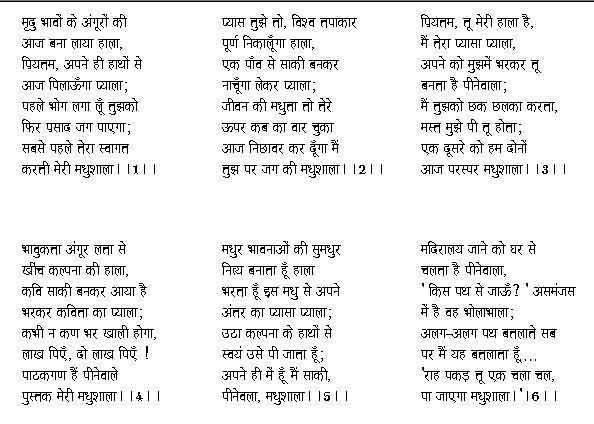
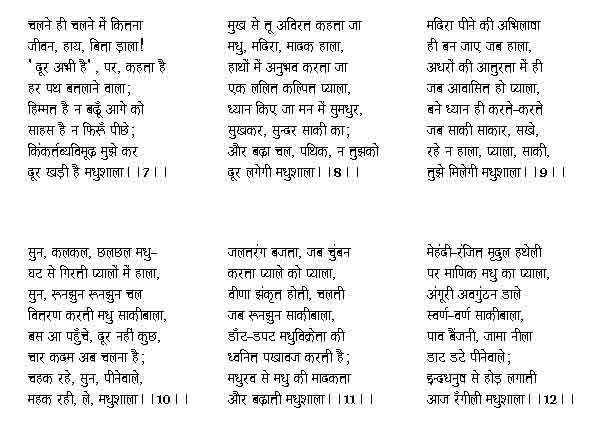
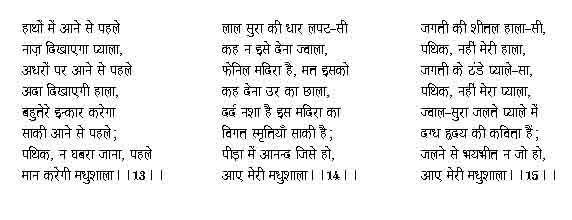
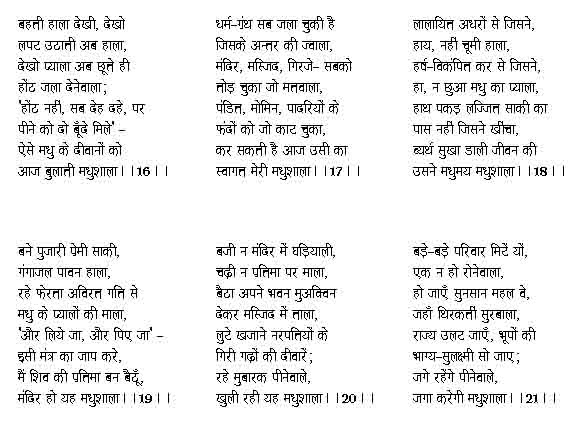
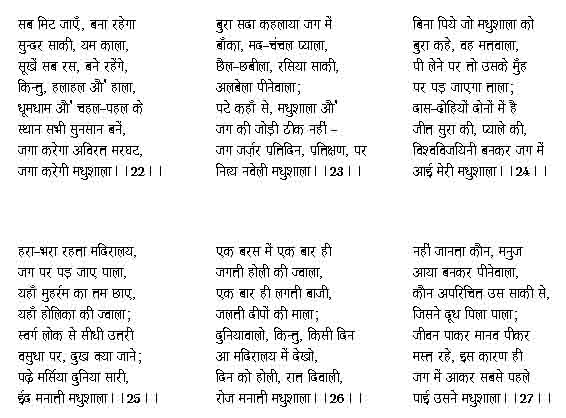
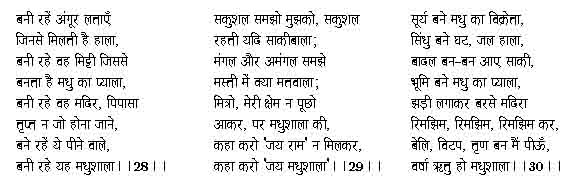
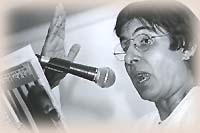
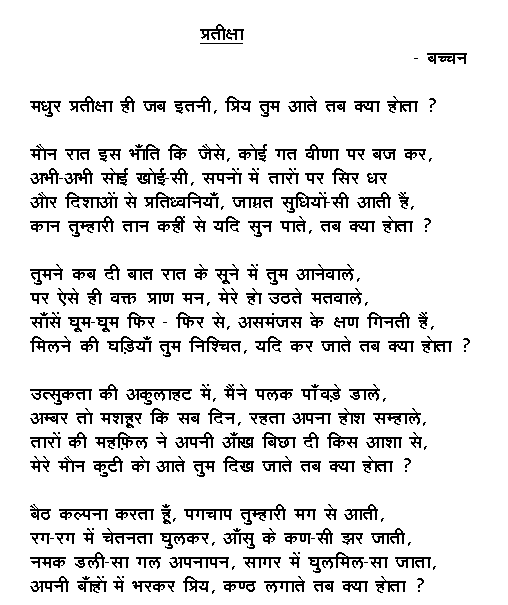

comment:
p_commentcount